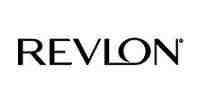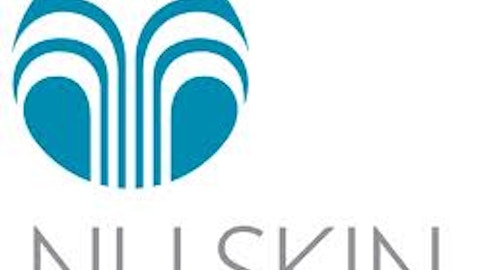
On a side note, billionaire businessman Ronald Owen Perelman actually owns the MacAndrews & Forbes Holdings, which has a three quarter stake in Revlon Inc (NYSE:REV) itself. Perelman seems to be paying fines to the SEC on a regular basis nowadays. More recently, one of his companies just settled with U.S. Department of Justice regarding a stock purchase – the second time this month alone. It agreed to pay $720,000 fine for the settlement.
The Beauty and the Competitors
As a holding company, Revlon Inc (NYSE:REV) operates via various wholly owned subsidiaries. Revlon is in the business of manufacturing, marketing and selling a number of cosmetics, beauty tools, hair color products, deodorants, skincare and other cosmetics products. Revlon is a world famous cosmetics brand and it competes at the very high end with other top cosmetics manufacturers such as Avon Products, Inc. (NYSE:AVP) and L’Oreal SA.
As a whole, the cosmetics industry is quite expensive on an earnings multiple basis, mush higher than the S&P 500 average. However, Revlon’s valuation on an earnings basis is much smaller than competitors. This could be due to the legal issues surrounding the company which could offer up an opportunity. L’Oreal, however, also is valued at the same level. If we value the companies on a free cash flow basis, Revlon is much cheaper. Even though the margins on products of these two companies is similar, Revlon Inc (NYSE:REV) is a more efficient company and has a slightly higher return on assets.
Avon Products, Inc. (NYSE:AVP), on the other hand, is losing a lot of money. Their make-up products are lower margin than the others which makes it harder in the highly competitive section of the industry. On the plus side, Avon Products, Inc. (NYSE:AVP) does has positive free cash so they can pay out a dividend and cover interest.
In terms of future growth, L’Oreal will likely lead Revlon Inc (NYSE:REV) and Avon if projections are correct.
Market Is Growing, So Are Threats
Based on a recent study by Goldman Sachs, a company also dealing with accounting battles, the global beauty industry’s skin care segment is estimated to be worth $24 billion, with make-up worth $18 billion, hair-care products worth $38 billion and perfumes at $15 billion, which are growing at an astonishing 7% a year where OECD or developed countries are struggling to grow even half of that rate. The growth is fuelled by growing middle classes in the BRIC economies as well as emerging markets across South America and Southeast Asia.
While the growth potential of the cosmetic & beauty industry is all fine, intense competition among industry participants is a major threat. The competition is so fierce in this industry that on average these beauty firms spend only 2-3% of their budget on Research and Development but end up spending 20-25% on advertising and promotional activities, says Jacques-Franck Dossin, an analyst at Goldman Sachs. The huge marketing budgets have put pressure on the bottom line of Revlon as well. The situation became so critical in early 2000 that Revlon was on the verge of declaring bankruptcy.
Revlon’s sales had been stagnating and it had a huge debt problem. In 2011, Revlon had a debt-to-capital ratio of 229%, compared to an industry mean of 20-40%, and any investor would have considered it as a bigger threat than competitors.
Conclusion
The recent jump in Revlon Inc (NYSE:REV)’s stock attracted market makers and large hedge funds. According to Insider Monkey’s database, big name funds like Gotham Asset Management, Millennium Management, D E Shaw and Citadel Investment Group were all in this year. Overall, since giant hedge funds have started to show interest in Revlon, there is likely value in Revlon that investors need to be acknowledge.
The article How Could This “Misleading” Company Be a Good Investment for Hedge Funds? originally appeared on Fool.com and is written by Mike Thiessen.
Mike Thiessen has no position in any stocks mentioned. The Motley Fool has no position in any of the stocks mentioned. Mike is a member of The Motley Fool Blog Network — entries represent the personal opinion of the blogger and are not formally edited.
Copyright © 1995 – 2013 The Motley Fool, LLC. All rights reserved. The Motley Fool has a disclosure policy.



